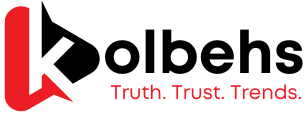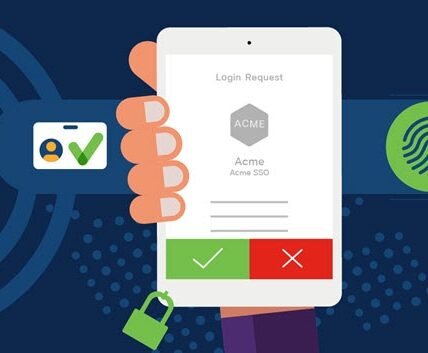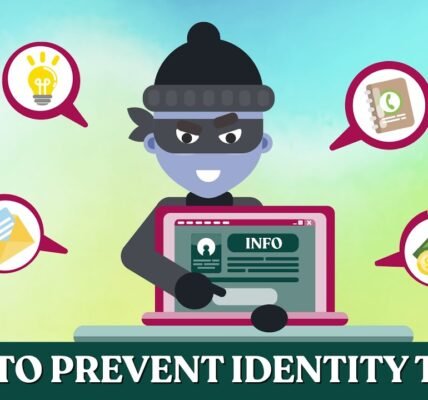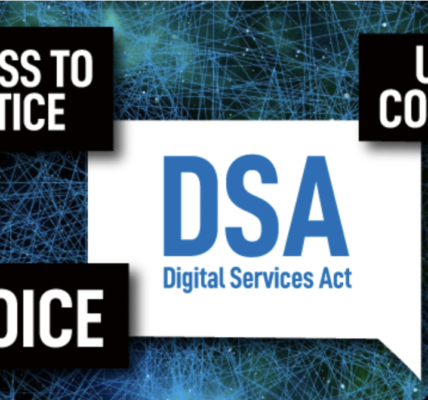In today’s fast-paced, profit-driven world, the phrase “dirty hands, clean money” has become an unfortunate reflection of how wealth is accumulated through unethical, and sometimes illegal, means. Despite the apparent ‘clean’ image these profits portray, they are often tainted by corruption, exploitation, or criminal activity. This article explores the concept of dirty hands and clean money, discussing the dangerous relationship between ethical money laundering, dirty profits clean business, and the concept of a cash from crime-free economy. We will also provide an understanding of how businesses can be built on questionable practices but still appear legitimate. So, let’s dive into the complexities of how wealth is created and how we can work towards a cleaner, more transparent economy.
Understanding the Concept: Dirty Hands, Clean Money
The phrase “dirty hands, clean money” refers to the idea of individuals or organizations making profits through unethical or illegal means, but masking those profits as legitimate. These “dirty hands” can come from actions like corruption, bribery, money laundering, and other illicit activities. However, the resulting clean money is often laundered through various financial systems to appear legitimate, keeping the perpetrators free from legal or societal repercussions.
While the world continues to push for ethical and responsible business practices, many companies still manage to thrive despite having murky practices behind their operations.
The Reality Behind Dirty Profits and Clean Business
It’s a sad reality that dirty profits clean business has become a mantra for some companies. But how can a business that is making money from unethical practices continue to operate? Let’s take a closer look at how this happens:
1. Corruption and Bribery
Corruption remains one of the primary ways that individuals and organizations amass wealth. Whether it’s bribing government officials for contracts, or companies falsifying reports to hide illegal activities, dirty profits are often made through corruption. These profits can then be channeled into legal businesses, making it difficult for authorities to track.
2. Tax Evasion
Tax evasion is another example of how dirty hands clean money operates. By hiding income and inflating expenses, criminals can reduce the taxes they owe, accumulating wealth illegally. With the help of money laundering techniques, such as offshore accounts or shell companies, the money is disguised as legitimate earnings.
3. Money Laundering
Ethical money laundering is a phrase that describes the process of transforming illegal earnings into seemingly legitimate income. This is done through complex financial transactions, including moving money across borders, investing in real estate, or using financial institutions to obscure the source of the funds.
How Does Money Laundering Work?
Money laundering is the key method for turning “dirty” money into clean money. Here are the typical steps involved in laundering money:
1. Placement
The first step involves placing the illicit funds into the financial system. This can be done through banks, casinos, or even real estate investments. The goal is to introduce the illegal money into circulation without triggering red flags.
2. Layering
Once the money is placed in the system, the next step is to move it through a series of transactions to obscure its origins. This could involve moving money across countries, purchasing and selling assets, or transferring funds between accounts. The aim is to make the trail of the money as complicated and confusing as possible.
3. Integration
Finally, the illicit funds are integrated into the economy. This is the stage where the money is cleaned and can be used for legal purposes, such as investments, luxury purchases, or starting a legitimate business. At this point, the money seems “clean,” even though it was originally obtained through illegal means.
The Role of Business in Facilitating Dirty Money
The line between dirty profits clean business is often blurred in many industries. Some businesses are built upon unethical foundations yet present themselves as legitimate operations. How does this happen? Here are some examples of businesses that often facilitate the creation of dirty profits:
1. Real Estate
Real estate is one of the most common sectors used for laundering dirty money. With its high-value transactions, real estate allows criminals to launder large sums of money. Money launderers buy and sell properties quickly to hide the true origins of their funds.
2. Luxury Goods
Luxury goods, such as expensive jewelry, cars, and watches, are also a popular vehicle for moving illicit wealth. The ability to buy high-ticket items with dirty money and resell them for a profit makes this market a hotbed for illegal financial activity.
3. Offshore Accounts
Offshore banking is another way money is laundered. By keeping money in accounts outside of a country’s jurisdiction, criminals can avoid taxes, hide assets, and prevent legal authorities from tracing illicit funds.
Can We Create a Cash from Crime-Free Economy?
A major question arises: Is it possible to build a cash from crime-free economy? The truth is, we need collective efforts from governments, businesses, and individuals to ensure that the financial systems are free from illegal activities and financial crimes. Here are some essential steps we can take towards creating a cleaner economy:
1. Strengthening Anti-Money Laundering Regulations
Governments around the world have already taken steps to enforce stricter anti-money laundering (AML) laws. Increasing transparency and regulations in the financial sector can help trace illicit funds and prevent money laundering from happening in the first place.
2. Enhancing Corporate Transparency
Businesses must be more transparent about their operations and financial activities. This includes fully disclosing all income sources, using due diligence when selecting partners, and monitoring any suspicious financial activities within their operations.
3. Promoting Ethical Business Practices
Promoting ethical business practices, such as fair wages, responsible investments, and sustainable development, can help shift the focus away from profit-driven greed to creating value for communities and the economy at large.
4. Using Technology for Monitoring and Tracking
With the rise of digital tools and technology, it’s possible to track the movement of money in real time. Blockchain and AI technologies can be used to monitor financial transactions and flag potentially illicit activities before they cause significant damage.
Comparison Table: Dirty Money vs Clean Money
| Aspect | Dirty Money | Clean Money |
|---|---|---|
| Source | Earned through unethical or illegal means | Earned through legal and ethical means |
| Visibility | Hidden and masked through various techniques | Transparent and traceable |
| Impact | Undermines the economy, promotes inequality | Contributes to growth and stability |
| Regulation | Often goes unregulated or bypasses laws | Fully regulated and compliant with laws |
| Examples | Bribery, corruption, tax evasion | Honest business practices, fair trade |
FAQs on Dirty Hands, Clean Money
1. What is meant by “dirty hands, clean money”?
“Dirty hands, clean money” refers to the practice of making profits through illegal or unethical means and then laundering or disguising those profits to appear legitimate.
2. How do businesses clean dirty money?
Businesses often clean dirty money by using complex financial transactions, such as investing in real estate, offshore banking, or purchasing luxury goods. These practices help obscure the origin of the funds.
3. Can we stop money laundering completely?
While it’s difficult to completely eradicate money laundering, stronger regulations, corporate transparency, and the use of advanced technology can significantly reduce illegal financial activities.
4. What is “ethical money laundering”?
“Ethical money laundering” refers to practices where money obtained from illegal sources is disguised as legitimate income, making it difficult for authorities to trace its origins.
Conclusion
The phrase “dirty hands, clean money” serves as a powerful reminder of how wealth can be acquired.Through unethical practices and hidden behind a facade of legitimacy. While it may seem impossible to completely eliminate this issue. There are ways to move toward a cash from crime-free economy. Through stronger regulations, increased corporate transparency, and the promotion of ethical practices. We can create a world where wealth is generated through clean, responsible means.
The challenge remains for governments. Businesses, and individuals to work together to ensure that dirty money no longer has a place in our global economy. As society becomes more aware of these issues. The pressure to adopt more ethical and transparent business practices is likely to increase, creating a future where “dirty hands” have no place in the financial world.





